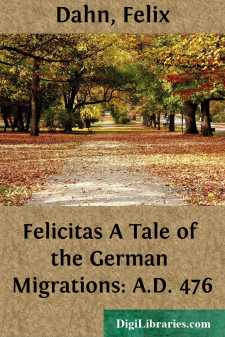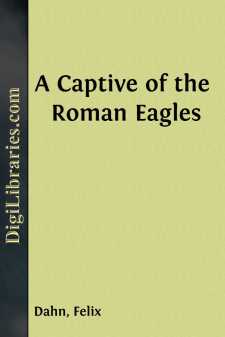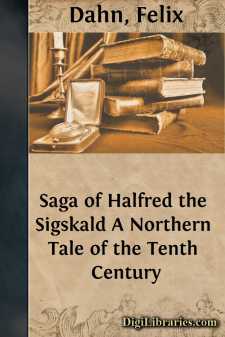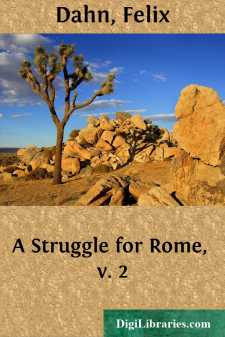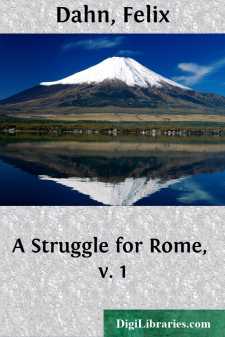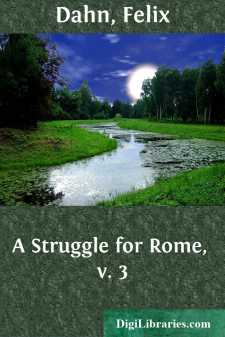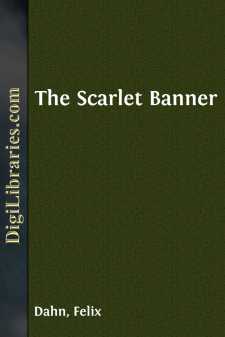Categories
- Antiques & Collectibles 13
- Architecture 36
- Art 48
- Bibles 22
- Biography & Autobiography 813
- Body, Mind & Spirit 142
- Business & Economics 28
- Children's Books 17
- Children's Fiction 14
- Computers 4
- Cooking 94
- Crafts & Hobbies 4
- Drama 346
- Education 46
- Family & Relationships 57
- Fiction 11829
- Games 19
- Gardening 17
- Health & Fitness 34
- History 1377
- House & Home 1
- Humor 147
- Juvenile Fiction 1873
- Juvenile Nonfiction 202
- Language Arts & Disciplines 88
- Law 16
- Literary Collections 686
- Literary Criticism 179
- Mathematics 13
- Medical 41
- Music 40
- Nature 179
- Non-Classifiable 1768
- Performing Arts 7
- Periodicals 1453
- Philosophy 64
- Photography 2
- Poetry 896
- Political Science 203
- Psychology 42
- Reference 154
- Religion 513
- Science 126
- Self-Help 84
- Social Science 81
- Sports & Recreation 34
- Study Aids 3
- Technology & Engineering 59
- Transportation 23
- Travel 463
- True Crime 29
Felicitas A Tale of the German Migrations: A.D. 476
by: Felix Dahn
Description:
Excerpt
INTRODUCTION.
Some years ago I was at work in Salzburg: in the library among the old records, and in the Museum of Roman antiquities.
My studies were principally concerned with the fifth century: the time when the Germanic tribes invaded these regions, the Roman garrisons retiring with or without resistance, while many settlers remained in the land. Peasants, trades-people, mechanics, would not forsake their homes, nor give up their lucrative occupations, would not quit their valued, long-cherished plots of ground, but stayed under the rule of the Barbarian; who, when the storm and battle of conquest were over, and the division of the country completed, did not molest them.
The work of the day over, I wandered in the beautiful, long-familiar country of the Salzach valley; the warm June evenings permitted long wanderings up to a late hour. Thought and fancy were filled with the pictures of the life and the changing fate of the latest Romans in these lands. My imagination was excited by the inscriptions, coins, and utensils, by the Roman monuments of every kind which are found in such rich abundance in and around Salzburg; for this town, with its prominent fortress, the "Capitolium," on the rocky hill dominating stream and valley, was for centuries, under the name of "Claudium Juvavum," a chief bulwark of the Roman rule and the seat of a flourishing and brilliant development of the Roman culture. The inscriptions testify to the official rank of many of the citizens, such as Duumvirs, Decurions, Ædiles of the markets and games; to the importance of the town as a place of trade, and to the encouragement given to the arts and manufactures.
That which had occupied me during the labours of the day was pictured by the play of fancy, when in the evening I wandered out through the gate of the town: stream and road, hill and valley, were then peopled for me with forms of the Roman life; and from the distant north-west, like the driving clouds that often arose from the Bavarian plain, approached menacingly the invading Germans.
Most frequently, I preferred to saunter along the banks of the stream in the direction of the great Roman road, which passed the Chiemsee, and crossing its effluent, the Alz, at Siebruck (Bedaium), and the Inn (Oenus) at Pfünz (Pons Oeni), led towards the province of Vindelicia and its splendid capital, Augsburg (Augusta Vindelicorum). Many coins, fragments of pottery, urns, gravestones, and household utensils of every kind have been found in the level country which stretches on each side of the old highroad, and is now for the most part covered with forest and brushwood, and in some parts overgrown with thick ivy. It is evident that farms, and also stately villas of the rich citizens, were thickly scattered beyond the outer wall of the fortified town, thus filling and adorning the whole valley. I often wandered in the neighbourhood of this Roman road, the traces of which were still distinctly visible, watching the setting sun, and wondering what were the feelings of the inhabitants of these villas, when, instead of the proud Legions marching by on their way to the Roman town on the Lech, it was the first weak bands of the Germans from the conquered Vindelicia who galloped in, carefully reconnoitring; and soon to be followed by larger masses, more daring, or rather having the well-grounded confidence that they would find the country only weakly defended, and would be able to establish themselves as masters over the defenceless Romans who still remained....


